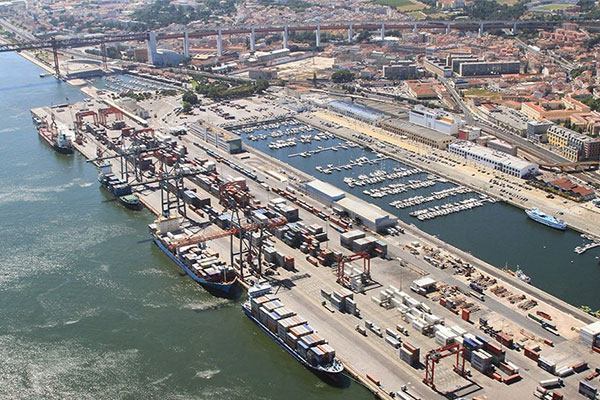
I. What is Entrusting Foreign Trade Agency Export?
Foreign trade agency export refers to the model where manufacturing enterprises entrust export processes to professional trading companies. According to the 2025 International Commercial Terms, the agent handles professional procedures like customs clearance, foreign exchange settlement, and tax refunds, while the entrusting party focuses on product production and quality control. This model is particularly suitable forLacking import/export qualificationsorInsufficient cross-border business experienceSMEs.
II. Which Enterprises Are Suitable for Choosing Agency Export?
- Start-up manufacturing enterprises: Without Customs registration or foreign exchange accounts
- Seasonal export enterprises: Avoiding costs of maintaining professional teams
- Special regulatory goods enterprises: Industries requiring specific import/export licenses
- Cross-border e-commerce transformation enterprises: Traditional manufacturing enterprises exploring overseas markets
III. What Is the Specific Operation Process for Agency Export?
- Phase 1: Qualification verification
- Verify customs AEO certification qualifications of the agent
- Sign tripartite agreement (factory-agent-overseas client)
- Phase 2: Logistics execution
- Agent arranges booking/customs clearance/transportation
- Handle trade documents including certificate of origin
- Phase 3: Fund settlement
- Agent collects foreign exchange and processes tax rebates
- Settle RMB payments according to agreed cycles
IV. How to Evaluate the Reliability of Foreign Trade Agency Companies?
Based on our supplier management experience in Fortune 500 companies, we recommend focusing on verifying:
- CustomsCredit rating certification(AAA-CCC grading system to be implemented from 2025)
- State Administration of Foreign ExchangeForeign Trade Enterprise Directory for Foreign Exchange Receipts and Paymentsrecorded
- Past three yearsTax rebate dispute casesquantity
- is purchasedInternational trade credit insurance
V. How Is the Fee Structure for Agency Export Composed?
- Basic agency fees: Typically 0.8%-1.5% of goods value
- Cost of funding: Interest generated from foreign exchange settlement cycles
- Excess service fees:
- Expedited customs clearance: 500-2000 RMB per instance
- Special document certification: Charged according to embassy/consulate standards
- The risk guarantee: Approximately 10% of contract amount (negotiable)
VI. What Potential Risks Exist in Entrusting Agency Export?
2025 International Trade Arbitration Court data shows common disputes focus on:
- Payment settlement risks: Agent misappropriating funds
- Tax compliance risk: Falsified VAT invoices
- Quality dispute risk: Agent unilaterally modifying order terms
- Intellectual Property Risk: Improper handling of customs filing
VII. How to Mitigate Risks Through Contract Clauses?
- Clarify payment terms: Agree on TT payment upon presentation of bill of lading copy
- Establish fund supervision account: Require third-party bank custody
- Specify breach liabilities: Delay in tax rebates to be compensated at 0.05% daily interest
- Retain customer ownership: Prohibit agent from contacting end clients
VIII. How to Choose Between Self-operated Export and Agency Export?
- Advantages of Export Agent:
- Initial cost savings exceeding 60%
- Avoid 38 customs regulatory risks
- Self-exporting advantages:
- Long-term operational cost reduction of 3-5%
- Direct access to customer resources
IX. What New Changes Exist in Agency Export Policies for 2025?
- Electronic customs declaration formMandatory blockchain notarization
- Export tax refundTime limit shortened to 45 days
- Added newGreenConditions of TradeCompliance requirements
- Cross-border currency settlementIncrease in tax refund quota for export goods
(This article is based on the authors practical experience in Fortune 500 companies, with some data cited from the Import and Export Service Standard White Paper released by China Customs in January 2025)Export agentWhat core issues should be known when entrusting foreign trade agents for export? How can enterprises avoid trade risks?


 Follow Customer Service WeChat
Follow Customer Service WeChat